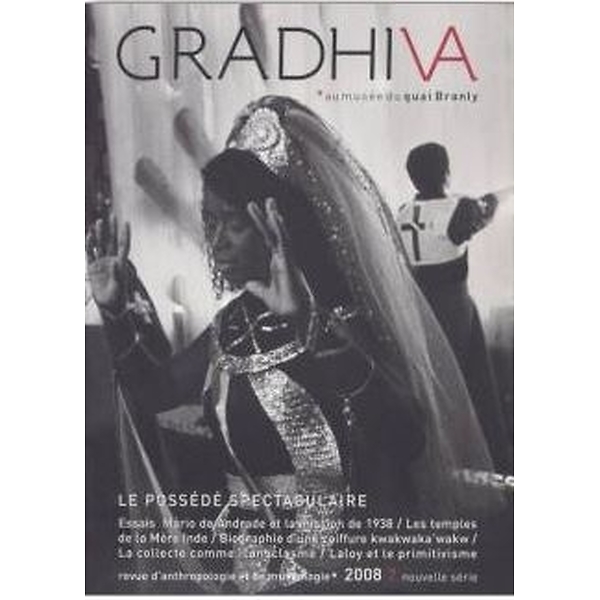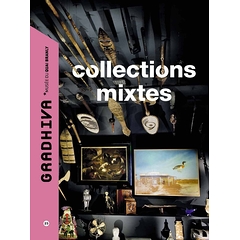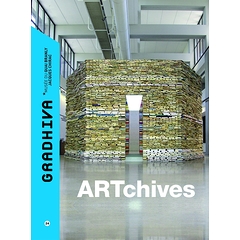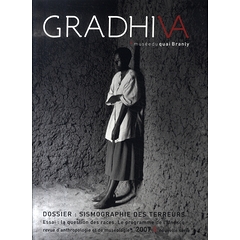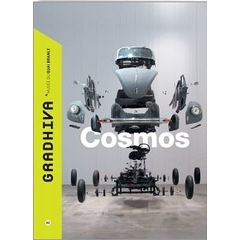Gradhiva N°7 Le possédé spectaculaire
Musée du quai Branly - Jacques Chirac
Description
Is the possessed a comedian or a madman? This is the alternative that Roger Bastide, Michel Leiris and Alfred Métraux tried to overcome in their time. These three anthropologists reject the psychiatric approach to possession where trance is conceived as a psychopathological state or an uncontrolled release of impulses; on the other hand, they accept the appearance of possession in different degrees. From 1938, Leiris anticipates developments on the "cloakroom of personalities" which lead to the publication of the possession and its theatrical aspects among the Ethiopians of Gondar. Bastide advocates rather for the truth of possession - which can be authentic without being pathological - in his work on Candomblé de Bahia. For him, acting is more a sign of degeneration than of religious vitality. As for Métraux, author of a great work on Haitian Voodoo, he sways between the empathy that leads to adding credit to the reality of possession and the Voltairian irony that sees it as a trickery. Today we can resume this debate in new terms for at least two reasons. The first is epistemological, the social sciences of today are no longer those of the 1950s: ethnographic data are more abundant, the theories are renewed and new currents have emerged and developed recently, in particularly cognitive, pragmatic, gender studies, performance studies as well as literary theory. The second reason is related to the transformations of the contemporary world that are not exempt from the possession cults. The mise en spectacle, the commercialization of culture, the acceleration and the generalization of electronic communication are processes that characterize the supermodernity and that have significant effects on the ritual endorcism. We propose to revisit the anthropology of possession in different places: Mayotte, Brazil, Morocco and Argentina. We will see that possession sometimes becomes a global spectacle.
Product information
- Technical specification
Authors: Erwan Dianteill et Bertrand Hell
- Number of Pages
- 176

